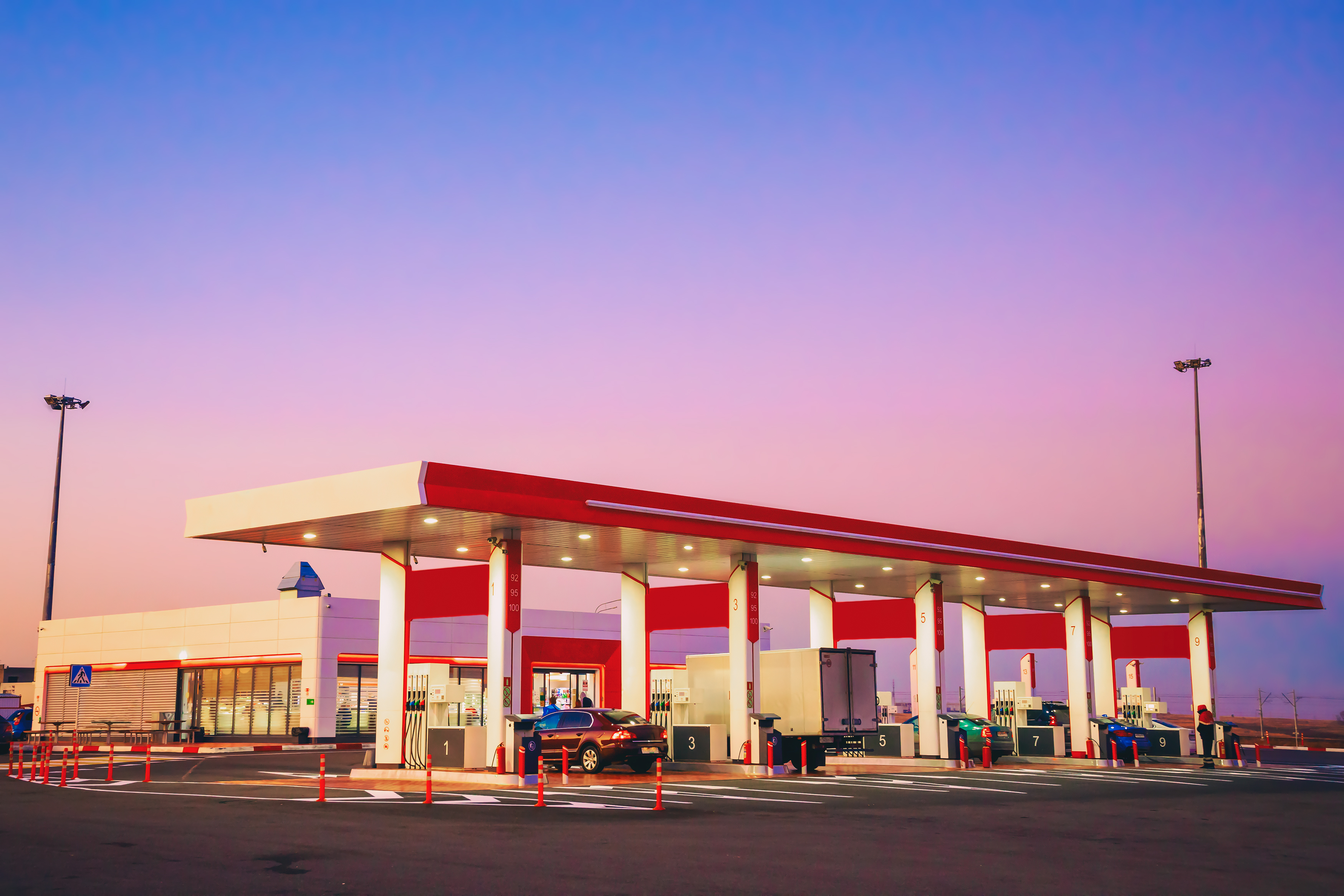What is it? Do I Need it? Can I Live Without it?
What is Weights & Measures?
The Weights & Measures Inspector guarantees that a high degree of accuracy is maintained regarding commercial measurement. Every consumer and every seller has a direct financial interest in knowing that weights and measures in all transactions are fair to both the buyer and seller. Inspectors annually check the accuracy of all devices used commercially that determine a cost based on volume, weight, or count (i.e. - gas dispensers, oil meters, scales). These devices are checked at the industrial, packaging and retail outlets. If a device is correct and accurate, it is approved and sealed. If incorrect, it is ordered repaired or removed from service. Inspectors also check packaged commodities sold by weight, volume or count for correct labeling and net quantity. Packages found in violation are removed from commerce.
Do I Need Weights & Measures?
Without Weights & Measures, consumers would have no guarantee that they are getting what they are paying for. The labeled quantity of an item would be an approximation at best. How many consumers would be willing to pay for a gallon of gas and receive only¾ of a gallon? If you purchase a porterhouse steak at $11.99/lb., do you want to also be paying $11.99/lb. for the Styrofoam tray it comes in? Each of us works hard for the money we earn, and it is only fair that we are not taken advantage of whenever we make a purchase.
Can I Live Without Weights & Measures?
The simple answer is yes, but would you want to? Very few people realize how often their lives are impacted by the efforts of a small group of dedicated professionals who are working each day to ensure that equity prevails.
Be An Educated Consumer - Tips For Purchasing Gasoline:
- Make sure the Total Sale display starts at $00.00
- Make sure the Price per Gallon display is the same as the price posted on top of the dispenser.
- Keep an eye on the displays while pumping to make sure the numbers aren't "jumping."
Tips For Shopping:
- Check your receipt to ensure you were not overcharged on any of your items.
- Make use of the customer scales (usually located in the produce and meat depts.) to see that you are not being charged for the packaging.
- Make sure to verify items for price accuracy by using the customer scanners.
- Watch all items being weighed to verify the correct price is used and that tare is being taken.
Tips For Purchasing Heating Oil:
- Make sure your delivery ticket is from a meter and is not handwritten.
- Make sure the price per gallon appears on the delivery ticket.
- If possible, witness the delivery person place the delivery ticket in the meter.
Frequently Asked Questions
I put 6 gallons of gas into my 5-gallon lawnmower can. Was I cheated?
Typically, portable containers are designed to hold 15-20% more than they are labeled for to allow for product expansion.
The gas dispenser advanced 3 or 4 cents before I started pumping my gas.
Metering systems may start dispensing at a rate too slow for you to notice. When the system kicks up to full speed, a couple of cents may have registered on the display.
I pumped 17 gallons into my car which, according to the handbook, has a 15 gallon tank.
The volume for a gas tank listed in the owner's manual is not necessarily an accurate representation of the total amount that a given car can actually hold.
I bought an item in the store and it scanned higher than it was labeled.
Human error does often happen. A supermarket may have as many as 60,000 items listed in its computer. You are entitled to being charged the correct price, so you should bring the overcharge to the manager's attention for correction.
If for any reason you feel that you have been taken advantage of in the marketplace, contact the Oneida County Weights & Measures office. We have the knowledge and equipment to determine if, in fact, any wrongdoing has occurred.







